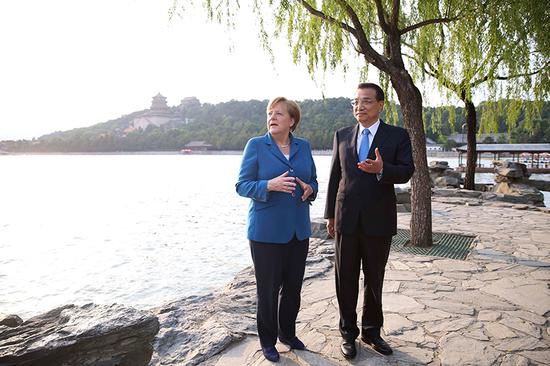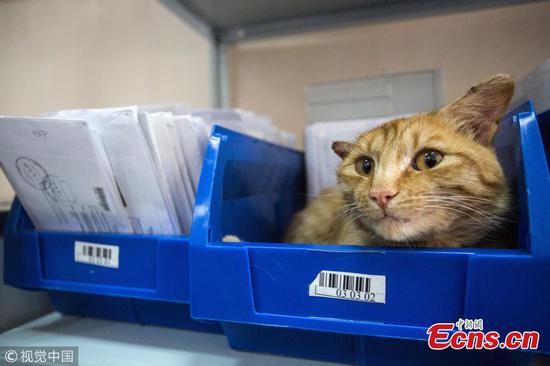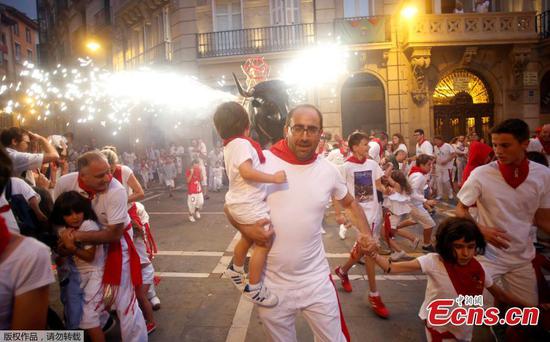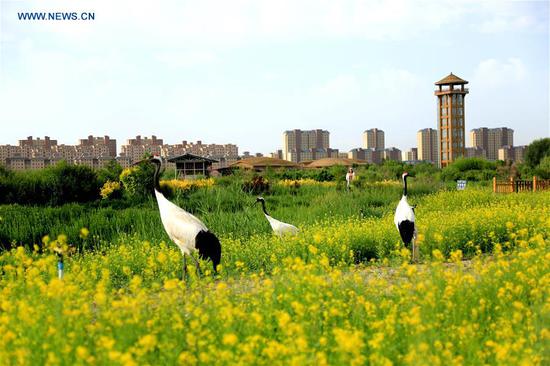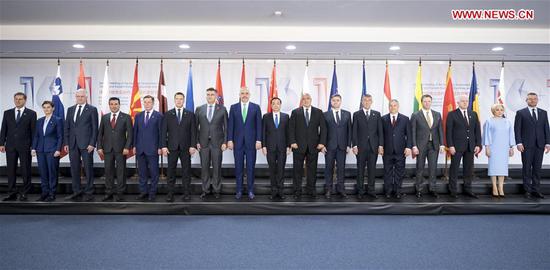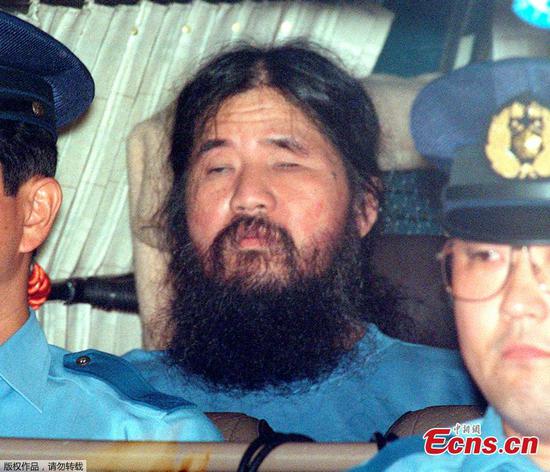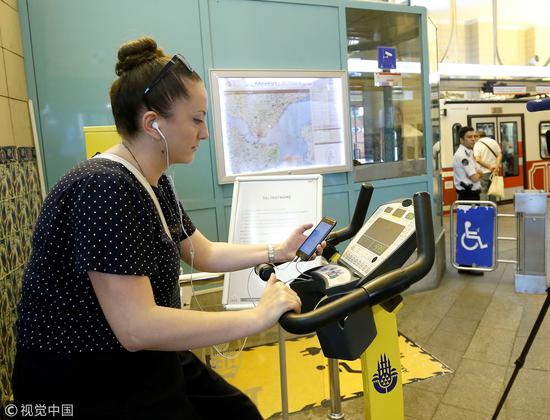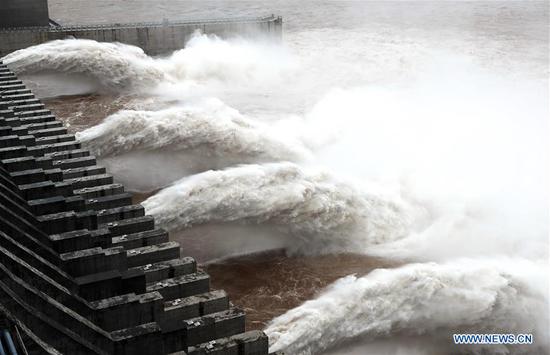Theresa May's minority government was plunged deeper into crisis on Monday after British Foreign Secretary Boris Johnson resigned, hours after Brexit Secretary David Davis quit.
Johnson announced he was resigning as May prepared to address Members of Parliament (MPs) in the House of Commons on the Brexit breakthrough she announced following a meeting of her 29-member senior cabinet at Chequers last week.
Although it was announced that her soft-Brexit plan had been backed, the resignations demonstrate her cabinet was still deeply divided.
A Downing Street spokesperson said: "This afternoon, the prime minister accepted the resignation of Boris Johnson as foreign secretary. His replacement will be announced shortly."
May has already named local government minister Dominic Rabb as successor to Davis.
One of Davis' parliamentary under secretary of state, Steve Baker, also resigned following the decision of his boss to quit at the Department for Exiting the European Union.
The Independent newspaper said Johnson's decision triggered the worst crisis of her premiership.
Speculation about Johnson's future as one of the holders of one of the four great offices of state in Britain grew when he failed to attend a key government meeting.
May was jeered in the House of Commons by opposition politicians as she thanked David and Johnson for their work as government officials.
May said the new deal worked out by her cabinet respected the commitment made in the Conservative Party election manifesto during the snap general election last year.
With May scheduled to address her back bench MPs early Monday evening, the coming 24 hours could be crucial for May and her government.
Jeremy Corbyn, leader of the main opposition Labour Party said in the Commons: It is clear this government cannot secure a good deal for Britain."
Corbyn said if the government could not get its act together, it should move over for one that could.












